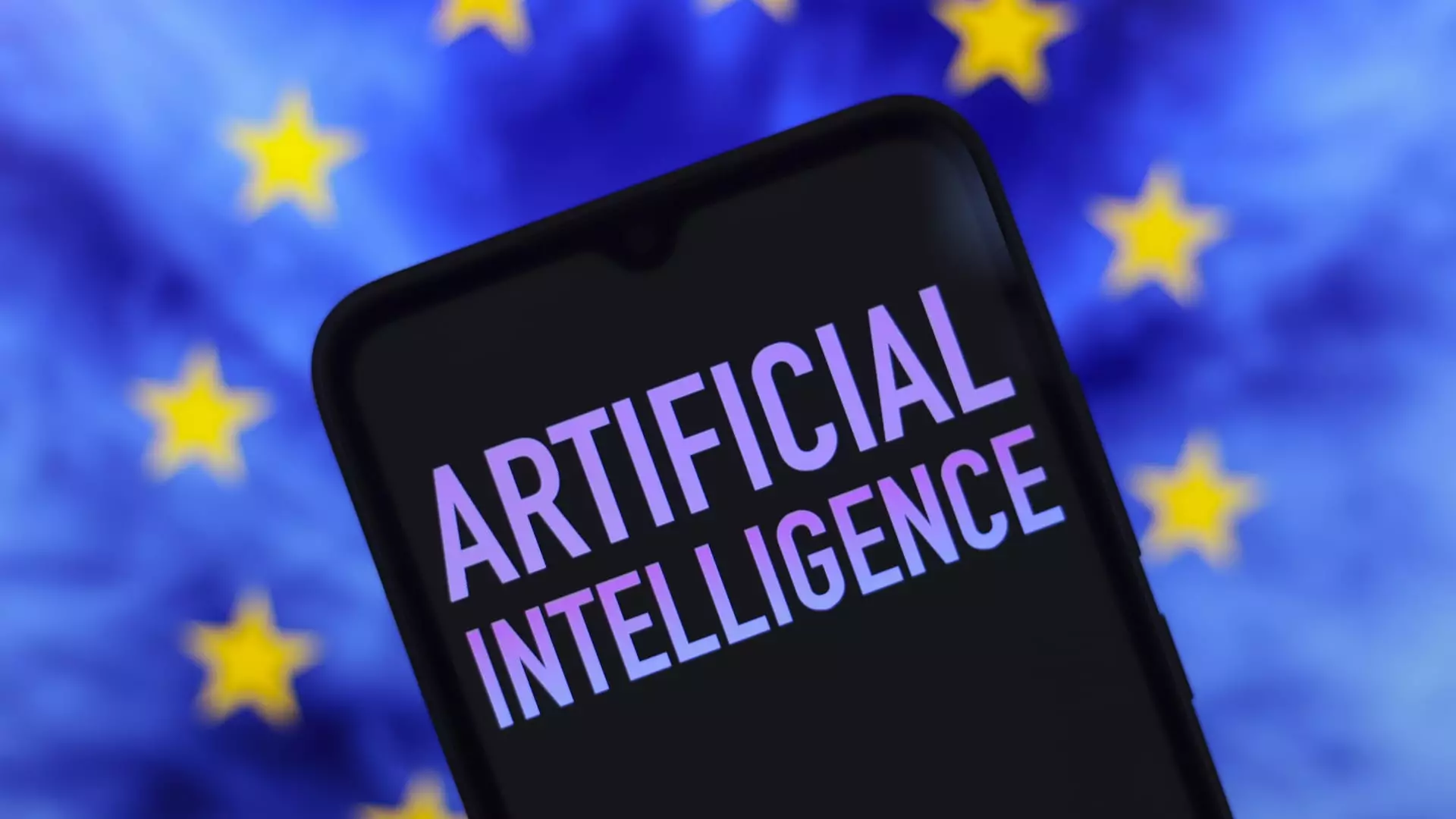The European Union (EU) has made significant strides in tackling the ethical and regulatory challenges posed by artificial intelligence (AI) with the formal commencement of the EU AI Act. This groundbreaking legislation, which became enforceable on August 2024, marks a pivotal shift in how AI is governed in Europe, creating both obligations and opportunities for businesses that utilize AI technologies. As this regulatory initiative unfolds, it is crucial to assess its implications for innovation, economic growth, and societal values.
The introduction of the EU AI Act represents an unprecedented effort to establish a legal framework for AI technologies, aiming to strike a balance between innovation and public safety. The Act categorizes various AI applications based on their risk levels, prohibiting those classified as posing “unacceptable risk.” This includes controversial technologies such as social scoring systems and real-time facial recognition, which have raised alarms concerning privacy, discrimination, and civil liberties.
By foreshadowing a stringent regulatory environment, the EU sends a strong message that accountability in the development and deployment of AI is paramount. Companies face substantial penalties for non-compliance, with potential fines reaching up to €35 million or 7% of global revenue. This is a significant increase compared to penalties under the General Data Protection Regulation (GDPR), which capped fines at €20 million or 4% of annual global turnover. Such rigorous financial repercussions underline the EU’s commitment to enforcing these regulations, a factor that organizations must take seriously.
While the EU AI Act is a step toward a more controlled AI landscape, it is still in its infancy, with a multitude of developments yet to come. According to Tasos Stampelos from Mozilla, the effectiveness of compliance will heavily depend on the establishment of standardized guidelines and secondary legislation that delineate what adherence to the Act entails. As various organizations began grappling with the initial requirements, the clarity on compliance processes remains a critical component that will shape the future interactions and adaptations of businesses in the AI space.
Moreover, the EU AI Office has released a second draft code of practice for general-purpose AI models, introducing mandatory risk assessments for developers of systemic models. Notably, the exemption for certain open-source AI tools reflects an understanding of the diverse landscape of AI applications and the need for flexibility within the regulatory structure. This approach aims to create an avenue for innovation while ensuring that sufficient safeguards remain in place.
A legitimate concern among technology leaders is the fear that stringent regulations could hinder innovation. Prominent figures, like Prince Constantijn of the Netherlands, have articulated worries about the EU’s emphasis on regulation, suggesting that a singular focus on regulatory measures may inhibit creativity and market dynamism. Innovation, in a rapidly evolving technological landscape, requires agility and adaptability, which can be at odds with rigorous compliance requirements.
However, proponents of the AI Act argue that clear rules can help create a trustworthy ecosystem for AI development. Diyan Bogdanov from the fintech sector posits that the requirements around bias detection and human oversight define best practices rather than stifling creativity. This perspective advocates that well-crafted regulations could not only foster innovation but also position Europe as a leader in responsible AI practices on the global stage.
As nations like the United States and China race to develop the most advanced AI technologies, Europe’s approach emphasizes ethical considerations and societal wellbeing. The EU seems poised to champion a model that prioritizes transparency, fairness, and accountability in AI development. This could serve as a blueprint that other regions might look to emulate, potentially setting global standards for ethical AI governance.
By championing these principles, the EU aims not just to regulate AI but to cultivate an environment in which innovation can thrive responsibly. The implications of these regulations will undoubtedly extend beyond Europe’s borders, influencing global conversations about the intersection of technology, ethics, and law.
The enforcement of the EU AI Act is a significant milestone in the journey toward responsible AI governance. Balancing regulation with innovation will be a delicate dance that stakeholders must navigate, with the potential for Europe to emerge as a global leader in fostering trust and safety in technology. The effectiveness of this regulatory framework will ultimately depend on its continued evolution and the collaborative efforts of all parties involved.

